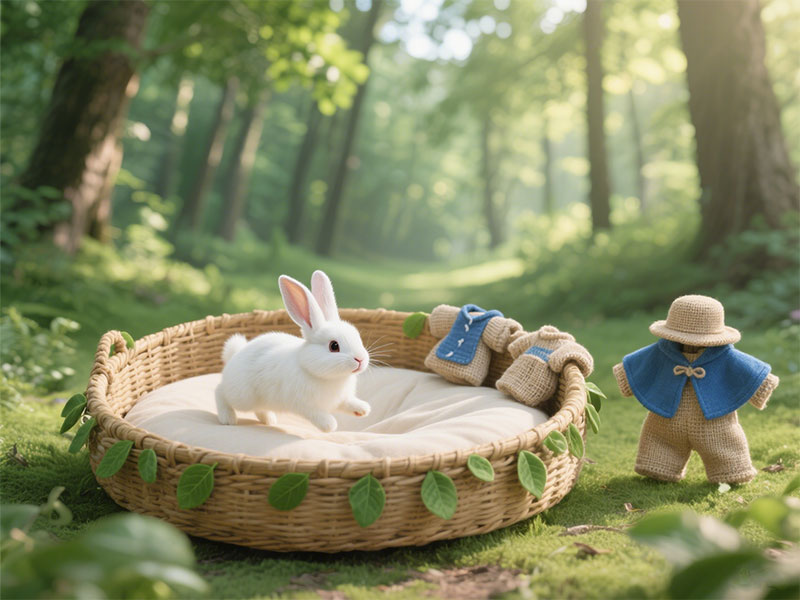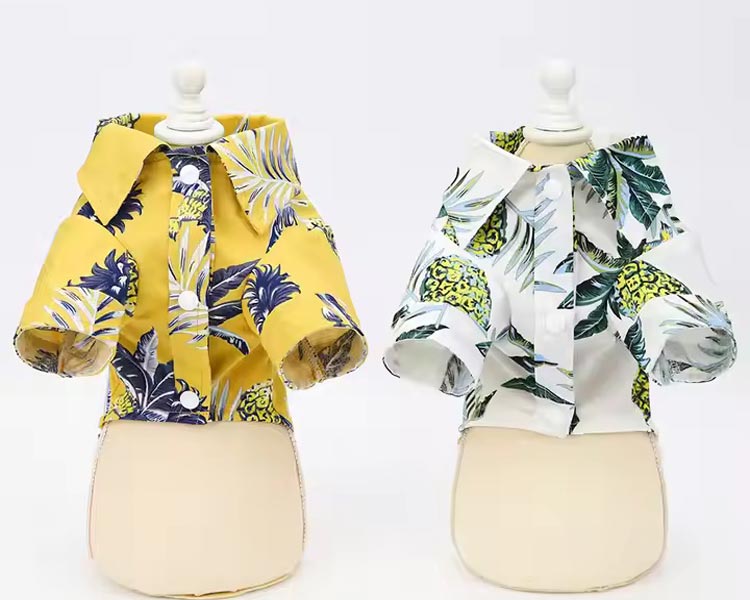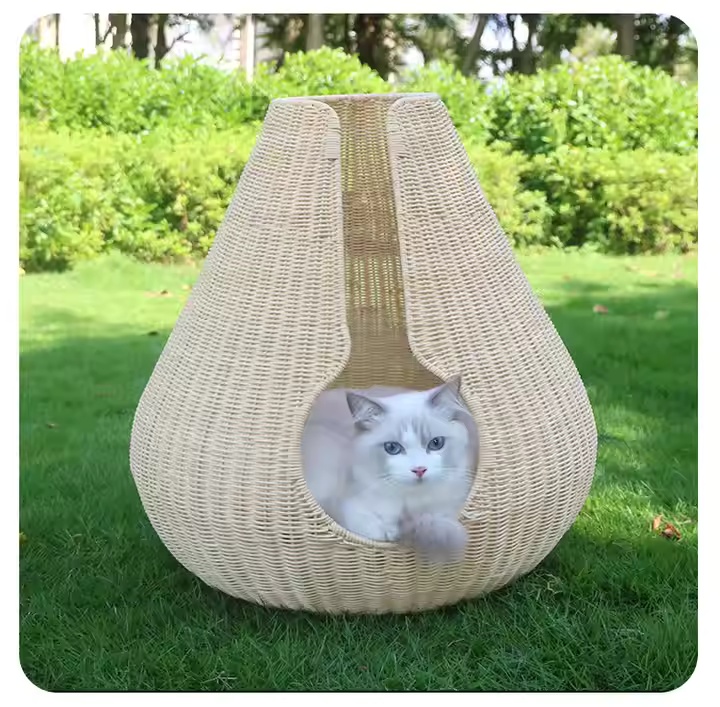The pet industry is changing a lot as more and more people around the world become aware of sustainability. People want eco friendly pet products now, and it's not just a small group of people. Retailers and wholesalers are realizing that pet owners want eco-friendly solutions that fit with their beliefs, without sacrificing quality, style, or comfort for their furry friends.
This book will tell you about the best eco-friendly materials, trends, certifications, and sourcing tactics. It's perfect for wholesalers, retailers, and trade buyers who want to get into the green petwear and bedding sector.

People who care about the environment are looking for ways to live more sustainably, and that includes their dogs. More people who own pets are asking:
Is this collar made of plastic or a natural fiber?
Was this bed made lawfully?
Will this toy for chewing wind up in a dump?
Organic cotton doesn't use synthetic pesticides or GMOs, and it needs a lot less water than regular cotton. It's soft, breathable, and great for pet clothes like shirts, hoodies, and even protective gear.
Organic cotton is also hypoallergenic, which makes it great for pets with delicate skin.

Custom Summer Dog Clothes – Thin and Fashionable Hawaii Dog Shirt
Bamboo grows quickly, doesn't need pesticides, and grows back on its own. Its fibers make a fabric that naturally fights bacteria and wicks away moisture, making it great for warm weather or pets that are always on the move.
Bamboo is great at keeping the temperature stable, in addition to being eco-friendly. For instance, a bamboo dog shirt helps keep a dog cool in the summer, which is very popular in places like Southern Europe, South America, and Southeast Asia, where it gets really hot. People often call this feature a "cooling shirt," and it works nicely in online summer ads.
Recycling plastic bottles into soft, strong fabrics makes rPET. It's easy to clean, won't get wet, and is good for the environment.
Hemp doesn't get pests, grows swiftly, and needs less water. When mixed with cotton or bamboo, it's great for making dog collars, leashes, and sweaters that last.
OEKO-TEX, GOTS, and GRS are certification tags.
OEKO-TEX®: Makes sure that fabrics don't have any dangerous chemicals in them.
GOTS (Global Organic Textile Standard) says that a product is organic and was made in a fair way.
GRS (Global Recycle Standard): Checks the amount of recycled materials.
Adding these marks makes both foreign B2B buyers and end customers more confident.
Recycled PET fillings or high-quality memory foam scraps are great for support and keep trash out of landfills.
Covers made of organic cotton that can be removed and washed not only make the product last longer, but they also cut down on the need for spot cleaning with chemicals.

Eco rattan dog bed, warm, semi-enclosed, S–XL
Natural fillers like coconut coir or buckwheat husks are solid, breathable, and break down completely in the environment.
These fillings also help to manage odors naturally. Buckwheat, for example, shapes to the body and provides orthopedic support. Even though it's more niche, it does well in eco-premium markets like Canada and Germany, where pet owners often want to improve their pets' overall health.
Get rid of big boxes and plastic wrap. Use packaging that can be folded and is made of recyclable kraft paper or corn starch.
Why? It lowers shipping costs and your carbon footprint, which is a win-win for wholesale logistics and sustainability claims.
More and more customers want to put "zero-waste packaging" on the banners for their online stores. Brands can also save money on shipping by utilizing FSC-certified kraft cartons, soy ink printing, or corn-starch bags. Some OEMs now sell "origami beds" that fold flat to save on shipping costs.
Put hemp, PLA bioplastics, and recycled metals at the top of your list.
Don't just look at the cloth; ponder about zippers, labels, tags, and even thread. Using recycled zippers or hardwood tags makes your eco claim more believable. More and more, wholesale customers are asking for detailed "Material Declaration Sheets" to make sure that every part meets green criteria.
Heavy metals and cancer-causing chemicals are common in traditional dyes. Check for azo-free colors, plant-based pigments, or low-impact dyes that have been certified by OEKO-TEX 100.
Low-impact dyes are better for pets and help cut down on pollution from factories. Cold-pad batch dyeing and CO₂ dyeing are becoming more popular since they use less water.
Instead of plastic bags that can only be used once, use cotton drawstring bags or recycled paper wrap.
Instead of polybags, think about getting personalized cotton bags with your brand's logo on them. Pet owners can use these again to store treats, leashes, or toys, which builds loyalty via usefulness. OEMs that offer packaging design services that use recycled or compostable materials can be a big selling point for B2B buyers.
Eco-friendly pet products are becoming more and more popular. Whether it is eco-friendly dog clothes or sustainable cat beds, pet owners are willing to pay for green products.
If you want to do eco-friendly pet products wholesale or OEM pet products, you can attract more customers by choosing recyclable materials, non-toxic certifications, and eco-friendly packaging.
The future belongs to sustainable pet products - good for pets and good for the earth!
NO 3 BINHE ROAD,YANGSHE TOWN,ZHANGJIAGANG CITY,215600
+86 17768404997
summer@deopaws.com
Copyright © 2024.Professional Pet Products Manufacturer All rights reserved.